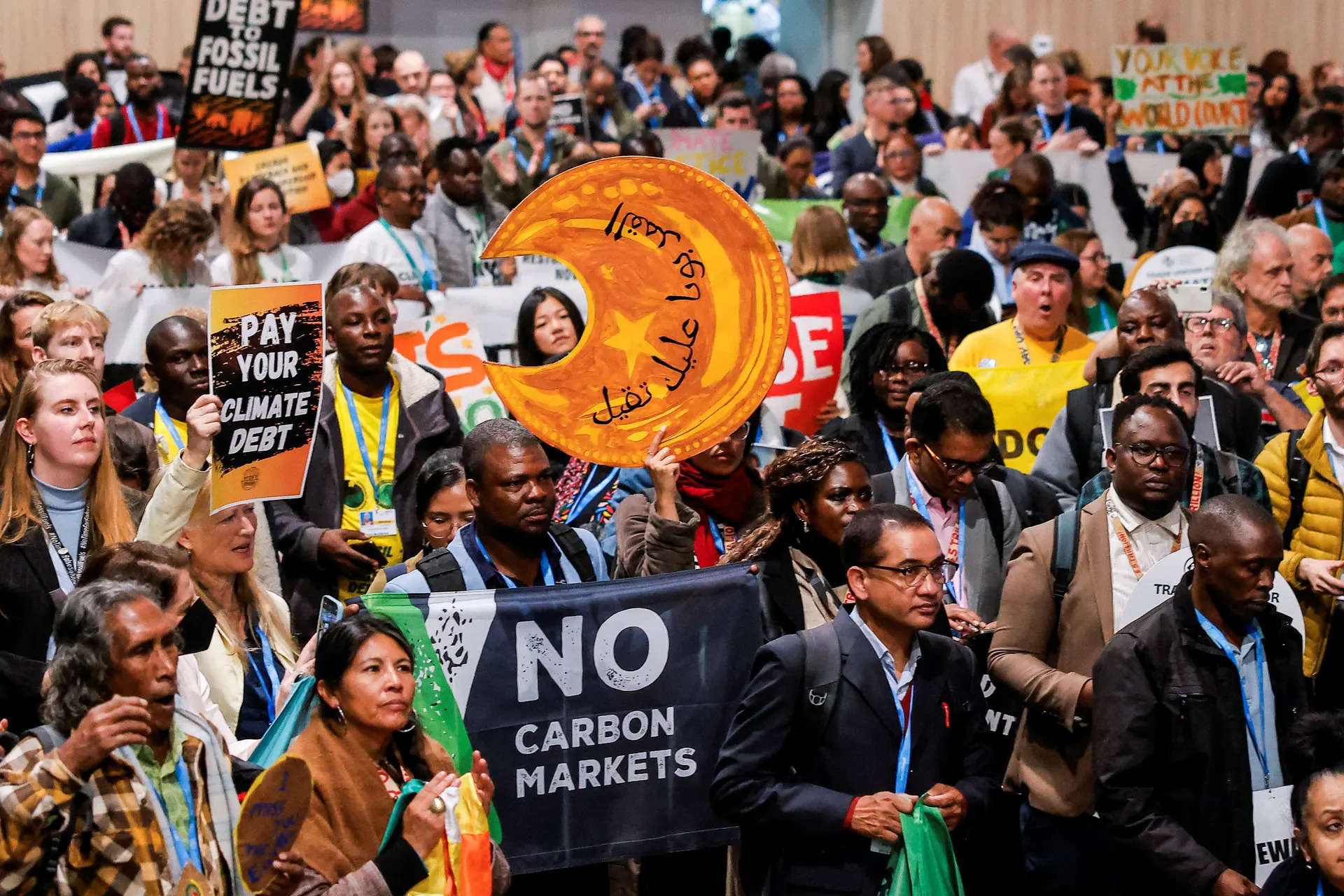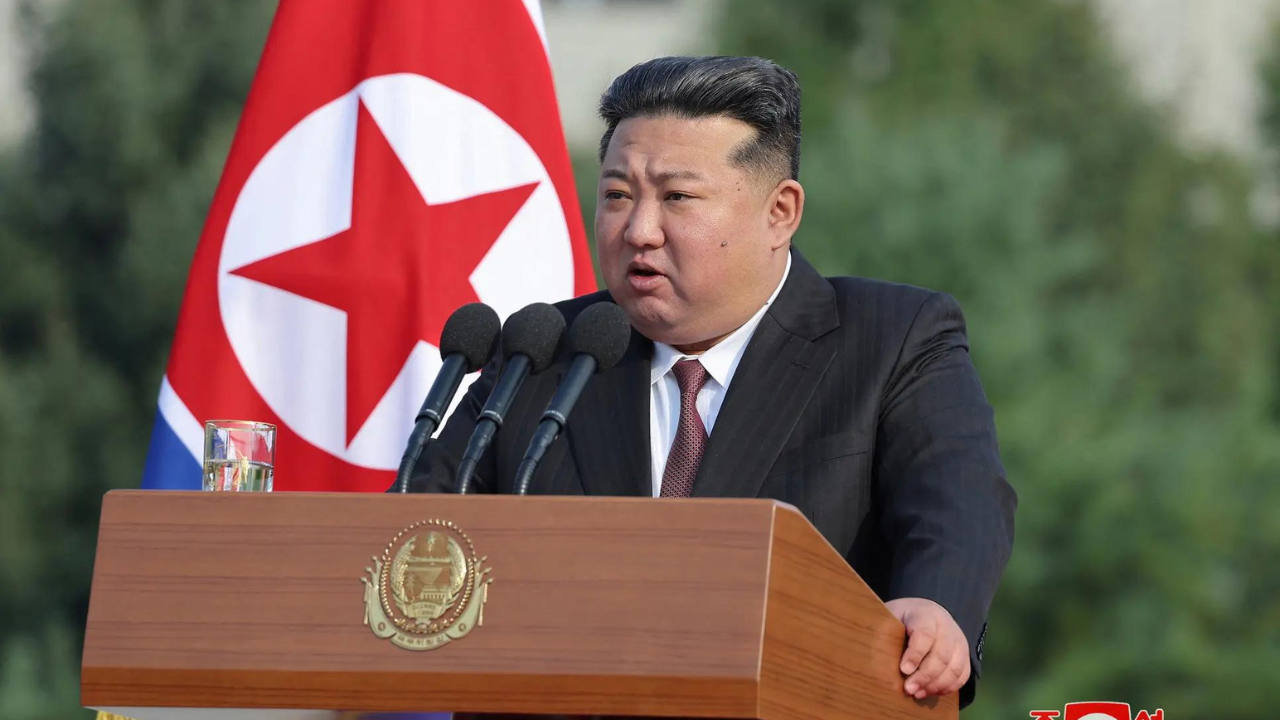
THERE was a noticeable easing of traffic last week in Metro Manila as thousands headed to the provinces for their annual exodus from the city. During Holy Week, many go on trips to rejuvenate, reflect and reconnect. Hence, except for streets leading to churches frequented for the Visita Iglesia, the roads were congestion- and gridlock-free. Those who stayed behind experienced unusual relief from the clear lanes.
Juan was one of those excited to escape from the stress and bustle of work and city life. He went with his family up north to enjoy the cooler weather and to be with relatives. He drove his fairly new car, confident that it could easily handle the demands of the long trip, regardless of road conditions. He was comfortable, too, knowing he had a spare tire in the trunk.
There was heavy traffic going out of Metro Manila. But since he expected that, he was not bothered and calmly went with the flow. Vehicle movement picked up speed, though, as they went further away. It was turning out to be a good drive until a concrete nail punctured the left front tire.
Juan pulled over safely to the side of the road. He was not worried about the flat tire because he had a spare. After unscrewing the deflated tire, he noticed that his reserve was low in air pressure. However, he had no choice but to still use it. He steered the car slowly to prevent further tire and vehicle damage and to avoid an accident. Also, he had to look for a gas station or a vulcanizing shop instead of going straight to his destination. After some stressful extra hours on the road, he and his family finally arrived late evening at his cousin's house. It was not the kind of start he wished for his vacation.
Juan was confident and comfortable taking the long road trip because he knew his car was in good shape and had a backup tire. That is what reserves do. They give us that sense of comfort knowing when a tire goes flat on the road, we have a ready replacement, and we can carry on with our trip. However, knowledge alone does not guarantee we will be safe. We still need to check if the spare is sufficiently inflated to do its job.
It is a basic step to check if the emergency tire has the right air pressure. Yet, like Juan, many suffer a similar inconvenience either because they assume all is well and ready to go or they simply hope for the best and that nothing untoward will be encountered along the way. At times, they forget to check the spare tire because they have so many other things on their mind right before the trip. But as Murphy's Law reminds us, "Anything that can go wrong will go wrong."
This is also what happens with respect to life insurance ownership. People assume that once they buy their first insurance policy, they already have things adequately covered. That is, if something happens to them, they think that their family will be amply financially protected. Unfortunately, this is not the case. A great majority of those with life insurance have coverage that is inadequate to meet their financial needs and obligations.
A life insurance purchase cannot be just a single or one-time transaction. Usually, the first policy is not enough, especially when it was bought just to please a friend or a family member. In local terminology, "pinagbigyan lang ang nag-refer o nag-offer." Also, because life insurance is not seen as a priority, they have no budget for it. Even if they are convinced it is important, they can only afford a small amount of coverage.
But life insurance has a purpose. It can be to replace a lost income to maintain the family's standard of living, to pay off a mortgage loan to keep the house, to ensure a business stays afloat, to fund a child's education, and to cover estate taxes so assets can be properly passed on to the beneficiaries. However, to achieve its purpose, life insurance coverage must be reviewed regularly for its adequacy. Much like a properly inflated spare tire that is able to safely bring the family to its destination.
Any life change can significantly impact our financial responsibilities. For example, an addition to the family increases the number of dependents. In our culture, it is also not unusual for younger siblings and older parents to depend on the same breadwinner. As our career grows and our income increases, our quality of life also rises. The amount of income needed to be replaced by insurance also goes up. Even without any major life change, inflation alone will compel us to do a policy review. At a 4 percent average annual inflation rate for 10 years, our purchasing power will decrease by 32 percent. So, a policy with a P1 million face amount today will buy goods and services worth P675,000 only after 10 years. Clearly, a life change or simply the flow of time should trigger a review of our life insurance coverage to ensure we have enough to protect ourselves and our families against financial risks.
What can we do to ensure we have adequate life insurance coverage? If we have no life insurance coverage yet, learn more about it from the many reliable sources found online. But the better approach is to speak with licensed and professionally trained financial advisors to guide us on the proper steps to get started. On the other hand, if we already have a life insurance policy, we must be conscious that it is not a single purchase transaction. That is, it is programmed to meet the ever-growing and changing financial needs. Since a policy is meant to address our financial requirements sufficiently, we must augment it as our financial responsibilities change over time. Be open and accommodating. When our financial advisors call to make a policy review, we open our doors to listen. They mean well. They do it to ensure we have the right amount of coverage. When life insurance companies reach out and offer an upgrade, we do not disregard it. We take a good look because their data analysis prompted them to remind us that it is time to boost our coverage.
Just as it is important to habitually check and maintain the proper air pressure of our spare tire, we also need to regularly review our life insurance protection so it can sufficiently fulfill its role.
The author is currently an independent director of BDO Life. He is a former president and CEO of AIA-Philam Life and of BPI Philam Assurance Co. He was also the president of the Philippine Life Insurance Association. He is an advocate of retirement planning, personal leadership, gender diversity and inclusion.
Read The Rest at :








